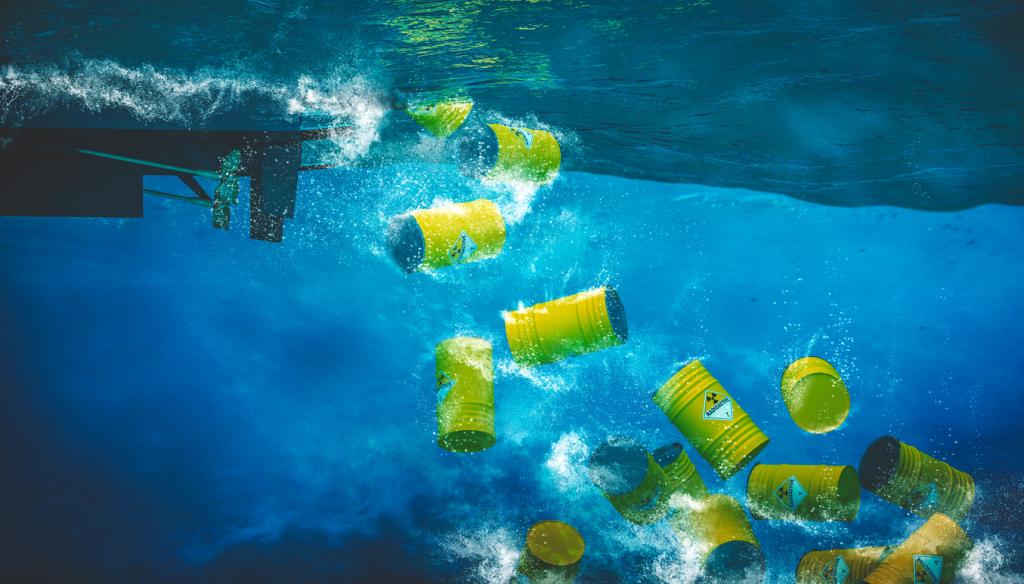The impact of nuclear contaminated water discharged into the sea in Japan on the new energy industry
The sea should be blue, the Marine ecosystem should not be the bearer of greed, and public health should not be trampled by the ignorant.
The discharge of contaminated water from Japan into the ocean may have some impact on the new energy sector, although the exact extent is difficult to determine because it involves multiple factors and stakeholders.
Environmental impacts and public concerns: The discharge of nuclear-contaminated water may have a negative impact on Marine ecosystems and Marine life, raising public concerns about environmental protection. This could lead to increased public distrust of nuclear energy and greater acceptance of new energy sources. The shift in public opinion could prompt greater government support and investment in new energy sources.

Government policy and Energy transition: Nuclear contaminated water discharges may lead governments to reassess the sustainability and trustworthiness of nuclear energy. The government may adopt a more active energy transition policy and increase support and encouragement for new energy. This may include providing financial support and developing policies and regulations that are more conducive to the development of new energy, thus promoting the growth of the new energy sector.
Technological innovation and development: The nuclear contaminated water discharge incident may stimulate research and development and innovation in new energy technologies to reduce reliance on nuclear energy. This may accelerate the development of new energy technologies, such as solar, wind, water and other renewable energy as well as energy storage technology research and application. At the same time, the maturity and progress of new energy technologies may reduce their costs and increase their competitiveness in the energy market.

International impact and cooperation: Japan's discharge of nuclear-contaminated water is likely to attract international attention and criticism. This may have a certain impact on international cooperation and exports of Japan's energy products and technologies. Other countries may be more inclined to cooperate with those that focus on environmental protection and new energy development, which may create opportunities for international cooperation and markets in the new energy industry.
It is important to note that the above is only one of the possible effects, and the specific situation can be affected by many factors, such as government policies, public attitudes, international relations, etc. At the same time, the development of the new energy industry is also affected by many other factors, including economic factors, market demand, technology costs and so on. Therefore, assessing the impact of Japan's nuclear contaminated water discharge into the ocean on the new energy industry needs to take into account a number of factors.




